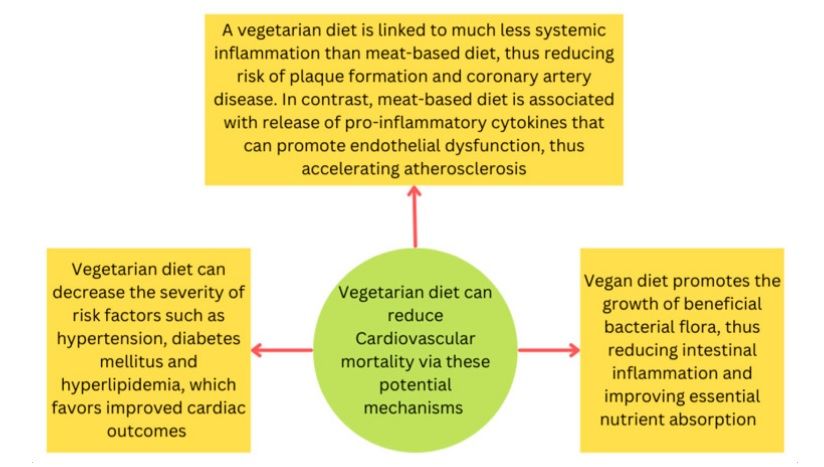Covid-19 Update: How Are We to Live in a Climate of Fear? Seek the Truth if Possible.
Hello again :
Recently, an article appeared in an online mainstream medical journal with the following title:
“ From A to Z, Supplements Fail for COVID-19: Neither vitamin C (a.k.a. ascorbic acid) nor zinc pan out in randomized trial” (1)
Here is what the report says: “High-dose zinc and vitamin C (ascorbic acid) had no impact on the course of symptoms in patients with mild COVID-19, a randomized trial found.
With 50% reduction in symptoms as the primary endpoint, there was no difference in the number of days to reach it whether patients received zinc gluconate, ascorbic acid, both supplements, or neither, reported Milind Desai, MD, of the Cleveland Clinic, and colleagues. All patients also received usual outpatient care.
“Based on the current study, these supplements cannot be recommended to reduce symptom morbidity” in patients with mild COVID-19, Desai and colleagues concluded.”
However, the article also stated the following interesting contradictory data:
“Patients who received only usual care achieved the primary outcome at a mean of 6.7 days versus 5.5 days for patients in the ascorbic acid group, 5.9 days in the zinc gluconate group and 5.5 days in the both treatment group. Number of hospitalizations and deaths did not vary significantly among treatment groups.”
It appears from their data that if there is an 18% improvement (people with the supplements improved to 50% better in 1.2 days faster than usual care alone) then to them it means the supplements failed, had no impact and made no difference. Does that make sense to you? How does an 18% improvement turn into ‘fail’, ‘no impact’, ‘no difference’ or failed to ‘reduce symptom morbidity’? Also, the improvement noted using zinc and vitamin C is almost exactly the same as the approved antiviral medication Tamiflu. What is up with the intention behind such an article?
Furthermore, the author of the article commenting on the study pointed out:
“Limitations to the data included there was no placebo group and the trial was open-label, and stratification of symptoms by age, sex, race, or duration of symptoms prior to testing was not taken into account during the analysis. Some potential confounders, such as vitamin D levels, were also not examined.”
Interestingly, they stopped the study too early to tell if the long-term outcome was different than with just the usual care alone…in other words, it may or may not have reduced the number or severity of Covid ‘Long-Haulers’, yet we will never know. Also, nowhere is it mentioned whether or not any of these patients had any comorbidities, how many were elderly, if they were tested to see if they were actually low in vitamin C or zinc, what they were eating, etc., which is another way of saying that the limitations of the study and their conclusions need to be met with significant skepticism.
Consider this: supplements do not work in isolation like prescription medications do as supplements effects are synergistic and should not be compared to prescription medicines; supplements are considered adjunctive care and not primary care; supplements are not meant to replace standard medical care (including vaccines) and yet are necessary for optimal health and function and would be needed in any illness to support maximal recovery. So, if taking vitamin C and zinc reduced the time to 50% recovery by 1.2 days, consider what might be possible with a more comprehensive protocol. Do you think that this study contributed to improving public health? I hope that some well-designed studies are forthcoming to evaluate the possibility that more comprehensive supportive protocols may be helpful.
Bottom Line: While front line physicians are working extremely hard and have come up with better and better treatments for Covid-19 illness, it would be very helpful to have access to data that is empowering and that having some knowledge about what to do to improve outcomes can go a long way to reducing uncertainty and fear. We simply need to use all of the tools in the health toolbox, from vitamins to vaccines, and they need to be honestly evaluated and put to good and proper use. Thus, we need to be careful and discerning about what we read and perhaps a bit of skepticism can be helpful as we seek transparency and a way out of this pandemic. This article, in my opinion, is poor science that was reported by an associate editor that is stated as having ‘a passion for evidence, data and public health.’ What are your thoughts?
The post Covid-19 Update: How Are We to Live in a Climate of Fear? Seek the Truth if Possible. appeared first on RICHMOND CHIROPRACTIC NEUROLOGY.





